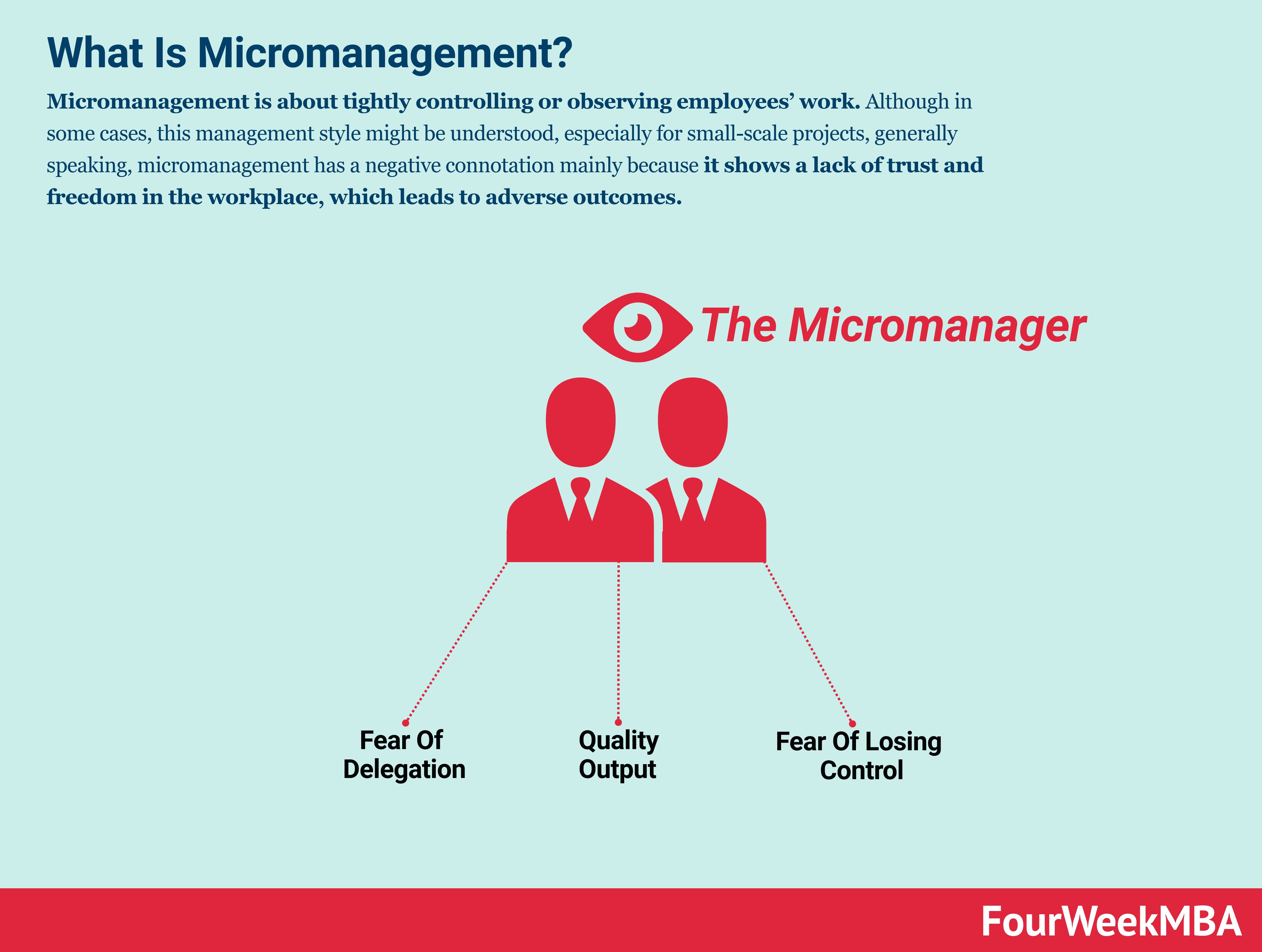
If you have a background in law, finance, or other related industries, you may be interested in applying for a compliance job. These entry-level positions offer practical experience and are familiar with compliance regulations. Although professional certifications do not need to be obtained, employers will prefer candidates with credentials. Most certifications require specific courses as well as continuing education credits. For compliance skills to be up-to-date, certifications are important.
Experience in a similar industry
You will need to have experience in the field if you want to get a job as a compliance officer. You can gain valuable insight from working in a law firm's back office, for instance, if your experience is as a paralegal. An advantage is having experience in a related field.

Along with the required compliance skills, leadership experience is a must. To be successful in a job as a compliance officer, you need to be able manage a team, take initiative, and communicate effectively and efficiently with both internal and externe stakeholders. A strong analytical, quantitative, or oral communication skill is essential.
Salary
There are many factors that influence the salary for compliance jobs. Location, experience, education and location all play a role in the determination of a compliance manager's salary. Robert Half, an industry leader in salary research, projects that a compliance chief will earn $209,000 by 2022. This represents a 1.5% increase on the previous year.
Hedge funds, banks and large corporations are some of the most lucrative jobs in compliance. They often come with a competitive base salary as well as a great potential for bonus opportunities. Compliance jobs at fintech companies are becoming increasingly attractive due to the availability of share options and flexibility outside of work.
Responsibilities
The responsibilities of compliance job roles can be varied, and they may include managing a program or drafting and implementing policies. No matter what the job title, compliance managers must be knowledgeable in legal and regulatory issues. They are responsible for providing advice to employees and managers about these topics. They also assist with investigations and the identification of potential violations.

As a rule of thumb, compliance professionals progress quickly in their career. In two to four years, they can progress from junior compliance officers up to senior officers. They could eventually progress to senior management or compliance manager, which require at minimum five years of experience. In large corporate organizations, compliance careers typically follow a linear progression. An analyst might move up to become an associate vice-president, and then vice-president in a large company. In smaller firms, however, compliance job responsibilities may be delegated to a manager or senior manager.
FAQ
What are the four main functions of management?
Management is responsible of planning, organizing, leading, and controlling people as well as resources. It includes creating policies and procedures, as well setting goals.
Management aids an organization in reaching its goals by providing direction and coordination, control, leadership motivation, supervision, training, evaluation, and leadership.
Management's four main functions are:
Planning - Planning is about determining what must be done.
Organizing - Organizing involves deciding how things should be done.
Directing - Directing means getting people to follow instructions.
Controlling - This is the ability to control people and ensure that they do their jobs according to plan.
Why is Six Sigma so popular?
Six Sigma is easy and can deliver significant results. It can also be used to help companies identify and focus on the most important aspects of their business.
What is Kaizen?
Kaizen refers to a Japanese term that stands for "continuous improvements." It is a philosophy which encourages employees in continuously improving their work environment.
Kaizen is founded on the belief of everyone being able to do their job well.
What is Six Sigma and how can it help you?
It's a method for quality improvement that focuses on customer service as well as continuous learning. The goal is to eradicate defects through statistical techniques.
Motorola invented Six Sigma in 1986 as part its efforts to improve manufacturing.
It was quickly adopted by the industry and many companies are now using six-sigma to improve product design, production, delivery, customer service, and product design.
What are the key management skills?
No matter if they are running a local business or an international one, management skills are vital. They include the ability to manage people, finances, resources, time, and space, as well as other factors.
Managerial skills are required when setting goals and objectives and planning strategies, leading employees, motivating them, solving problems, creating policies, procedures, or managing change.
There are so many managerial tasks!
What are management concepts?
Management Concepts are the management principles and practices that managers use in managing people and resources. They cover topics like job descriptions (job descriptions), performance evaluations, training programmes, employee motivation and compensation systems.
Statistics
- UpCounsel accepts only the top 5 percent of lawyers on its site. (upcounsel.com)
- The profession is expected to grow 7% by 2028, a bit faster than the national average. (wgu.edu)
- The BLS says that financial services jobs like banking are expected to grow 4% by 2030, about as fast as the national average. (wgu.edu)
- As of 2020, personal bankers or tellers make an average of $32,620 per year, according to the BLS. (wgu.edu)
- Our program is 100% engineered for your success. (online.uc.edu)
External Links
How To
How can you implement Quality Management Plan (QMP).
QMP, which was introduced by ISO 9001:2008, is a systematic approach to improving products, services, and processes through continuous improvement. It provides a systematic approach to improving processes, products and customer satisfaction by continuously measuring, analysing, controlling, controlling, and improving them.
QMP is a method that ensures good business performance. QMP is a standard method that improves the production process, service delivery, customer relationship, and overall business performance. QMPs should address all three dimensions: Products, Services, and processes. A "Process" QMP is one that only includes one aspect. QMP stands for Product/Service. QMP is also used to refer to QMPs that focus on customer relations.
Two main elements are required for the implementation of a QMP. They are Scope and Strategy. These elements can be defined as follows.
Scope: This defines what the QMP will cover and its duration. This will be used to define activities that are performed in the first six months of a QMP.
Strategy: This is the description of the steps taken to achieve goals.
A typical QMP comprises five phases: Planning and Design, Development, Construction, Implementation, Maintenance. Each phase is explained below:
Planning: This stage determines the QMP goals and prioritizes them. In order to fully understand and meet the needs of all stakeholders involved in this project, they are consulted. After identifying the objectives, priorities and stakeholder involvement, it's time to develop the strategy for achieving the goals.
Design: In this stage, the design team designs the vision and mission, strategies, as well as the tactics that will be required to successfully implement the QMP. These strategies are put into action by developing detailed plans and procedures.
Development: Here, the team develops the resources and capabilities that will support the successful implementation.
Implementation: This is the actual implementation and use of the QMP's planned strategies.
Maintenance: It is an ongoing process that maintains the QMP over time.
Additional items must be included in QMP.
Stakeholder Involvement: Stakeholders are important for the success of the QMP. They must be involved in all phases of the QMP's development, planning, execution, maintenance, and design.
Project Initiation. It is important to understand the problem and the solution in order to initiate any project. The initiator must know the reason they are doing something and the expected outcome.
Time Frame: The time frame of the QMP is very critical. The simplest version can be used if the QMP is only being implemented for a short time. You may need to upgrade if you plan on implementing the QMP for a long time.
Cost Estimation is another important aspect of the QMP. It is impossible to plan without knowing what you will spend. It is therefore important to calculate the cost before you start the QMP.
QMPs are not just a written document. They should be a living document. It evolves as the company grows and changes. It is important to review it periodically to ensure it meets all current requirements.